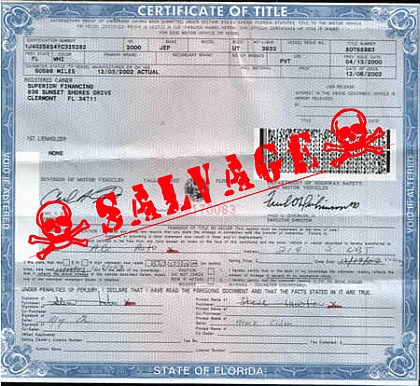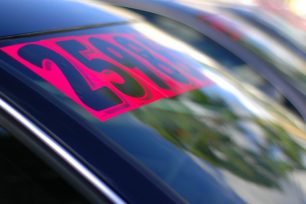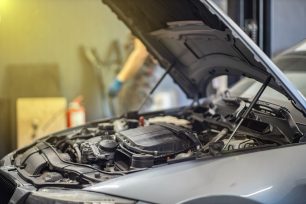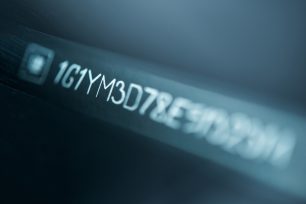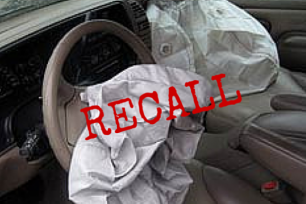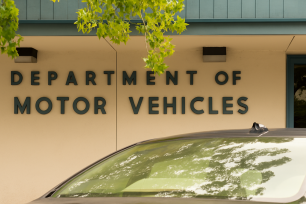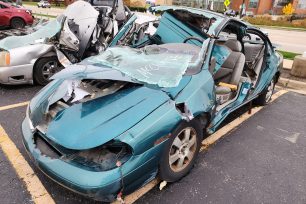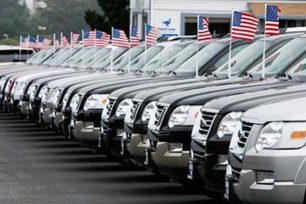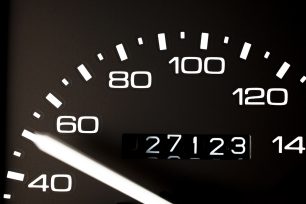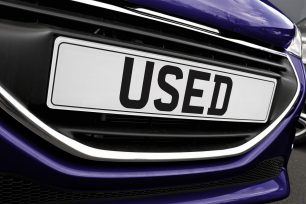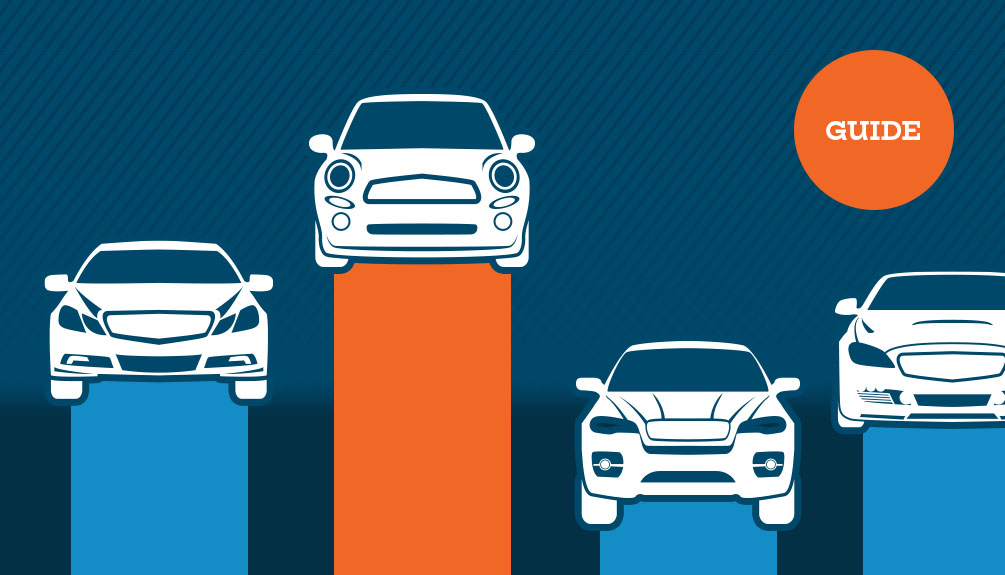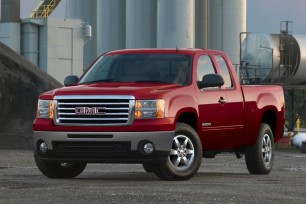A car’s title represents legal ownership of a vehicle, but not all car titles are created equal. The most common category of title is called a “clean title” or “clear title” because it represents a clean, straightforward vehicle with no additional conditions or negative traits. While this is the most common and desirable category of car title, there are several less desirable title classifications every consumer should understand and possibly avoid, if they are shopping for a car.
The Different Categories of Car Title
To fully understand what a clean title means you need to know all the factors that can affect a car’s title status . The following title names/descriptions indicate one or more conditions that keep a car’s title from being “clean.” We’ll list these types of titles in descending order, from the most desirable to least desirable.Car Title With a Lien: If a car title has a “lien” on it, another party, most likely a bank or similar financial lender, has a legal interest in the vehicle. This entity is referred to as the “lienholder.” To remove the lien, the lienholder’s interest, usually a car loan for which the car serves as collateral, must be paid off. If the amount is paid off a “release of liability” form can be submitted and processed by the local Department of Motor Vehicles (DMV) and the lienholder’s interest is withdrawn. If no other title conditions exist, the new title is now clean.
Lemon Law Vehicle: If a car has had a recurring mechanical issue that the dealership was unable to address it can be classified as a “lemon,” with that classification tied to its vehicle identification number (VIN) forever after. A car classified as a lemon may have an ongoing mechanical issue or the issue may have finally been resolved, creating a vehicle as reliable as any other used car. Careful research into the nature of the lemon classification, and what repairs were performed or could be performed to resolve it may uncover a potential bargain. But a lemon could also be a nightmare and, either way, its current and future value will be reduced by this classification.
Rebuilt Title: If a car has a “rebuilt title” it means at some point the car sustained significant damage and was declared a “total loss” by a car insurance company. After the extensive damage, the car was rebuilt to working order. To qualify for a rebuilt title a car must pass a state inspection to verify its safety and road worthiness. This level of inspection varies between states, making it difficult to determine the extent of the original damage and the quality of the repair work. Cars with a rebuilt title will have substantially lower resale value, may be more difficult to insure, and may suffer from increased mechanical or cosmetic issues after being rebuilt.
Salvage Title: A salvage title means a car has sustained such severe damage (usually an insurance claim for more than 70 percent of its market value) that it’s not worth repairing. This is the “total loss” status mentioned above, and can result from a serious accident or flood damage. If a car has a salvage title it will often be stripped for parts and sent to a salvage (junk) yard.
But as noted in the rebuilt title description, some shops will take on the cost of repairs for a salvage title vehicle because they feel they can restore it and sell it for a profit. While a used vehicle with a rebuilt title, as described above, may be a questionable purchase, it has at least been through an inspection process. A salvage car may or may not have been repaired, and could reflect a wide range of past negative circumstances. The resale value for a car with a clean title versus a salvage or rebuilt title can shift by 50 percent or more.
Branded Title: This is sort of an all-encompassing term for any car with a questionable history and a title that reflects it. A rebuilt title, salvage title, water damage, or lemon law classification are all title brands that reflect a car’s negative history and status.
How To Verify a Car’s Clean Title Status
While most car titles accurately reflect a car’s status, it is possible to remove one or more title brands through a process called title washing . What is title washing ? It’s an illegal process that involves moving a car to a different state or claiming a title has been lost, both of which allow vehicle owners to get a new title . Sometimes the title’s previous status will transfer to the new title , sometimes it won’t. Much of this depends on which state the car is in and/or which state it is moved to.To help identify potential title issues, used car buyers can purchase a report from CARFAX or AutoCheck. Car buyers can also research a vehicle’s title by accessing iSeeCars’ free VIN Check tool. This is a vehicle history report that tracks a car’s past activity and present title status, including its number of previous owners and any accidents that involved an insurance claim. The VIN Report also includes market value analysis and theft and recall status. Used car buyers can read through the VIN Report to check for odometer rollbacks or discrepancies, if the vehicle was located in a past flood zone, or other past conditions that don’t line up with a seller’s claims about a vehicle’s history.
Buyer Beware
Buying a car is one of the most expensive investments the average person will make, which means proper care should be taken to confirm a car’s condition and status before a purchase. If you’re buying a new car the risk is much lower, because new cars include a manufacturer warranty and they’re sold by dealers bound by multiple laws to properly represent a vehicle.Buying a used car from a private party involves a higher level of risk for the new owner. Understanding and confirming a car’s clean title status can help ensure you get the best car for your needs while paying a price that reflects the car’s history and condition.

